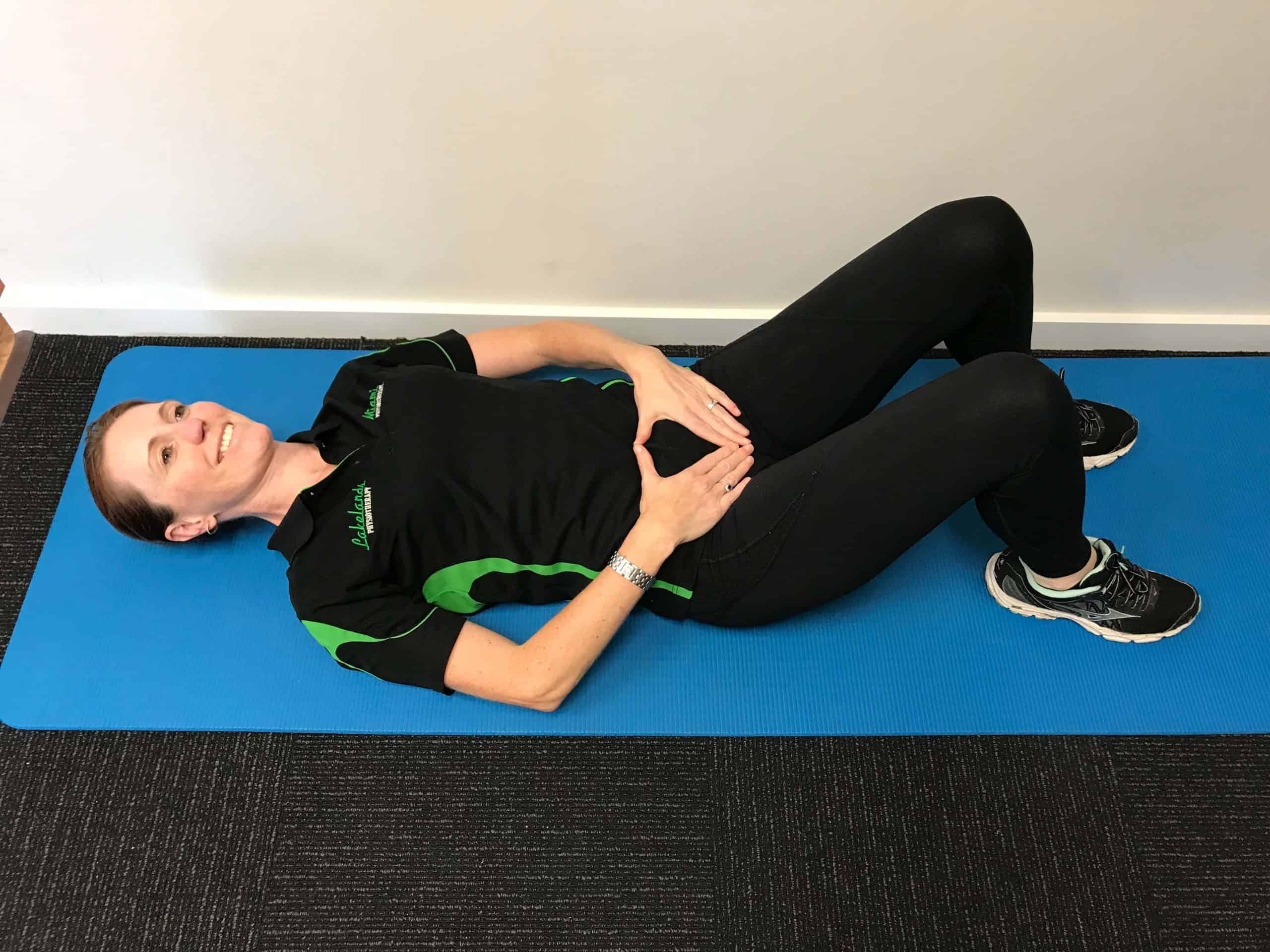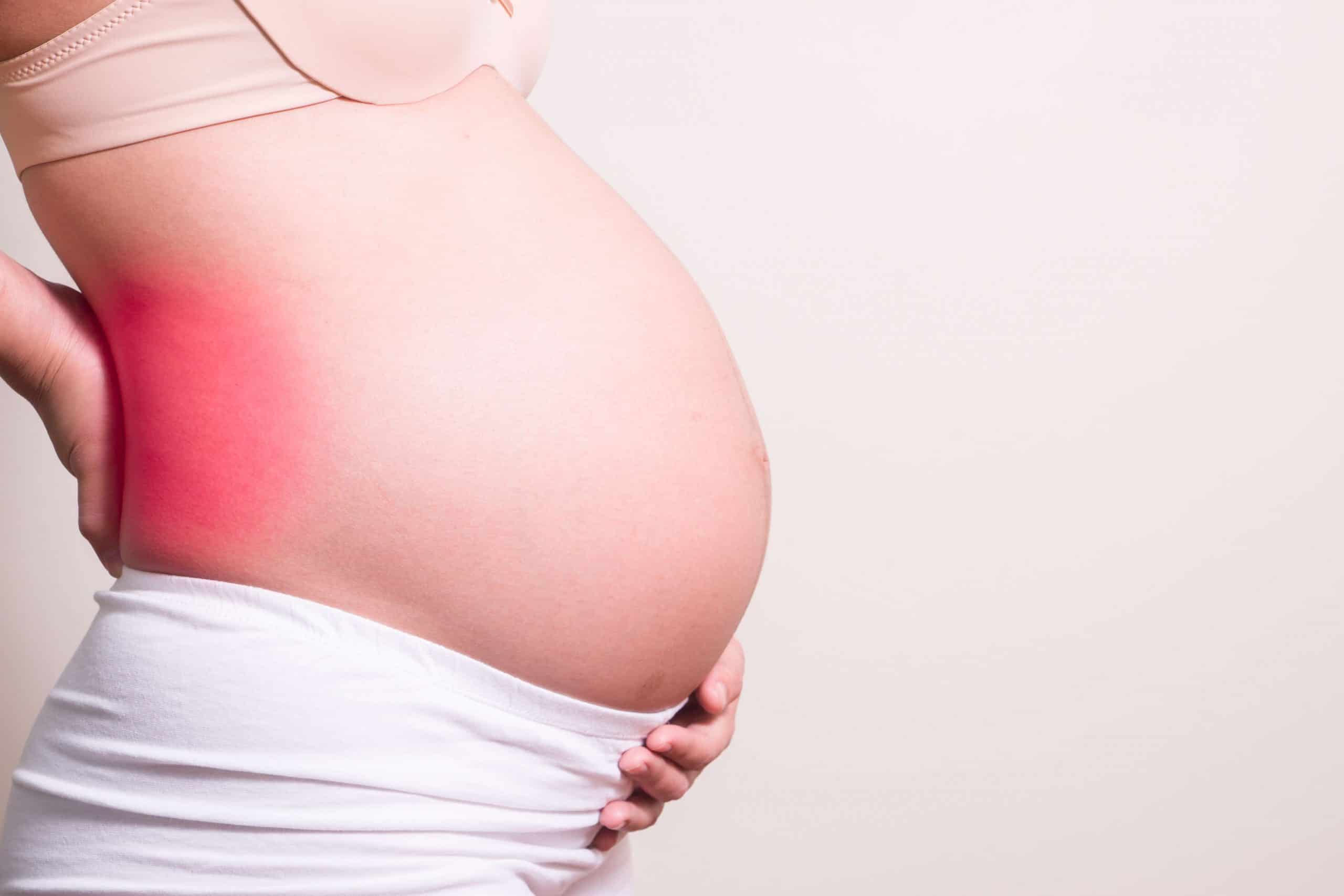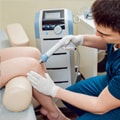Gender Health
Urinary Incontinence
Urinary incontinence is suffered by an estimated 50% of adult women and 5 to 11% of adult men. However only about half of these people seek treatment.
Classifications of Urinary Incontinence are as follows:
- Urinary incontinence: involuntary loss of urine
- Stress urinary incontinence: involuntary loss of urine during increased exertion such as during sport, sneezing or coughing.
- Urgency urinary incontinence: involuntary loss of urine with urgency (a sudden intense need to pass urine which is difficult to put off)
- Mixed urinary incontinence: a mixture of stress and urgency symptoms.
- Overactive bladder: symptoms of urgency with increased frequency of urination and nocturia (increased frequency of urination at night time) where pathology such as bladder infections have already been excluded.


The Pelvic Floor:
The pelvic floor is made up of the muscles, ligaments and fascia that together support the organs of the pelvis. The pelvic floor muscles also help to maintain closure of the urethra when there is an additional abdominal force put on it such as exercise, sneezing or coughing. In order to pass urine, the pelvic floor muscles must relax.
How we can help:
It is important to be assessed by a physiotherapist that is trained in women’s and men’s health. We have a physiotherapist at each of our locations to ensure you receive the correct advice. Depending on your assessment, your physiotherapist may use pelvic floor muscle training, management of lifestyle factors, bladder training and education in your treatment. Treatment is very specific to the individual and progress is reassessed regularly.
Pre and Post Natal Physiotherapy
Pregnancy is a time of rapid changes to the mother to be. The pregnant body is subjected to many changes including shape, the centre of gravity, weight, as well as hormonal changes. These hormone changes result in a softening of ligaments, surprisingly early in pregnancy (peaking at 18 weeks before dropping and then increasing again later) sometimes causing discomfort/pain through the pelvic area especially. As such, pregnant women sometimes require additional physiotherapy care during their pregnancy in order to prevent or manage symptoms.
Post-natal physiotherapy covers the immediate aftercare following birth, as well as the recovery and return-to-work/fitness/sporting activities. Initial care includes management of the perineum, scar management, positioning/posturing and lifting education.
Following the acute recovery stage, physiotherapy may include management/treatment of mastitis and postural breast-feeding issues, treatment of musculoskeletal conditions secondary to increased/changed lifting and movement requirements of a new mum, support and strengthening of the pelvic floor and abdominal muscles.

Our Services
Our expert physiotherapists are trained to assess you during and after your pregnancy and provide you with the care you need to be as comfortable as possible and enjoy this special time. The services that will help you during or after your pregnancy are:

Physiotherapy

Remedial Massage

Real Time Ultrasound Imaging retraining of the pelvic floor and abdominals

Women’s health physiotherapy

Pilates, physio rehab classes and gym classes

Taping and bracing

